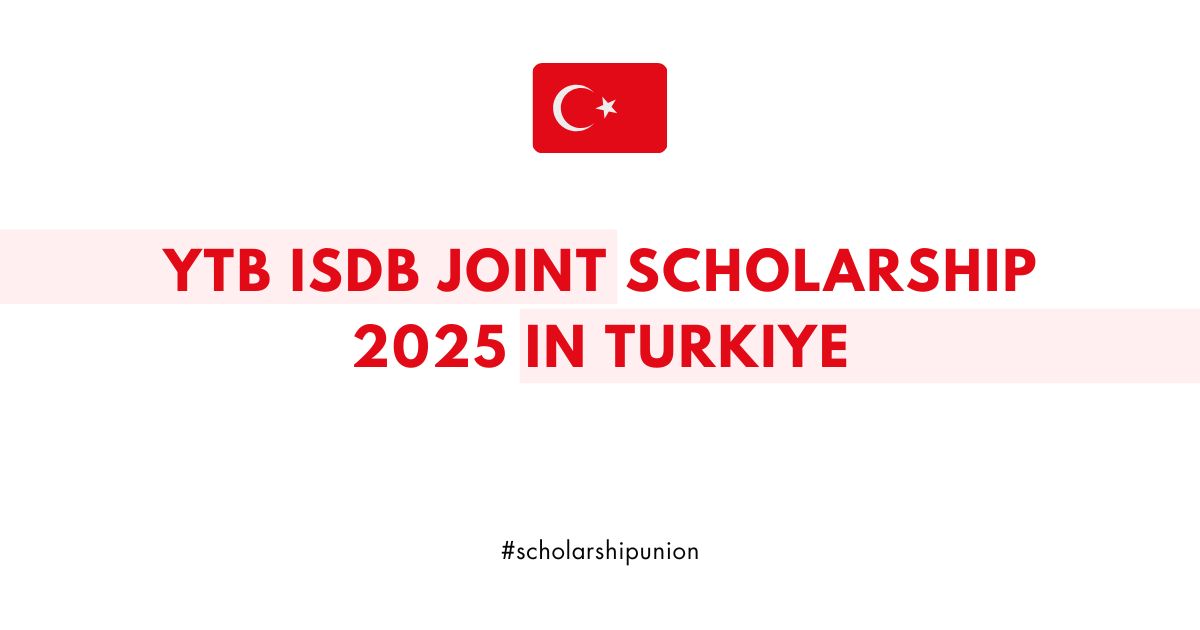Pursuing a graduate degree is an exciting yet challenging journey. Whether you are working for a master’s or doctoral degree, you will likely face money challenges along the way. The cost of tuition, research materials, and living expenses can add up fast. This makes funding very important for your academic success.
Many fellowships for graduate students offer financial support. This helps allow students to focus on their studies and research without worrying about money. In this guide, we will look at the best fellowships for graduate students in 2025. We will discuss how these fellowships can help you. You will also learn what you need to know to apply successfully.
What Are Graduate Fellowships?
A graduate fellowship is a merit-based financial award that helps students pursue advanced degrees. Fellowships are different from loans. They do not need to be paid back. Fellowships often cover tuition costs. They also provide a living stipend. Some may even help with research expenses.
These fellowships are competitive and prestigious, offering more than just financial aid. Many come with opportunities for mentorship, professional development, networking, and access to exclusive research facilities. Getting a fellowship helps ease financial stress. It also improves your resume, making you a better candidate for jobs and academic positions.
Table of Contents
Why Graduate Fellowships Matter
Fellowships are more than just funding opportunities—they can shape your career. Here’s why they matter:
✅ Financial Relief – They cover tuition, research expenses, and living costs, reducing or eliminating student debt.
✅ Research and Career Advancement – Many fellowships provide access to top-tier research facilities and exclusive industry connections.
✅ Networking Opportunities – You’ll become part of a prestigious community of scholars and connect with professionals in your field.
✅ Enhanced Resume – Winning a competitive fellowship boosts your credibility and can open doors to further academic and career opportunities.
Top Fellowships for Master’s Students
If you’re pursuing a master’s degree, these fellowships offer excellent financial support and career-building opportunities.
1. Fulbright Program
The Fulbright Program is a highly respected fellowship for students pursuing research, study, or teaching abroad. Sponsored by the U.S. government, it fosters international collaboration and cultural exchange.
- Who Can Apply? U.S. and international students.
- Benefits: Covers tuition, travel expenses, and a living stipend.
- Deadline: Varies by country.
2. Ford Foundation Predoctoral Fellowship
The Ford Foundation Fellowship supports students who plan to pursue teaching and research careers in higher education. It promotes diversity by funding underrepresented groups in academia.
- Who Can Apply? U.S. citizens committed to diversity in academia.
- Benefits: Three years of funding, covering tuition and a stipend.
- Deadline: Usually in December.
3. AAUW Career Development Grants
The AAUW Career Development Grants help women who are going back to school for graduate degrees. These grants focus on fields where women are not well represented.
- Who Can Apply? Women pursuing a master’s degree or specialized training.
- Benefits: Funding for tuition, books, and educational expenses.
- Deadline: Typically in November.
Graduate Research Fellowships
If you’re conducting research-based studies, these fellowships provide financial and professional support.
1. National Science Foundation Graduate Research Fellowship Program (NSF GRFP)
The NSF GRFP is one of the most prestigious fellowships for students in STEM (Science, Technology, Engineering, and Mathematics).
- Who Can Apply? U.S. students in STEM disciplines.
- Benefits: Covers tuition and provides a $37,000 annual stipend for three years.
- Deadline: Usually in October.
2. NIH Ruth L. Kirschstein National Research Service Award (NRSA)
The NIH NRSA supports students in biomedical and behavioural research, ensuring the next generation of scientists is well-trained.
- Who Can Apply? U.S. students in health-related research fields.
- Benefits: Covers tuition, provides a stipend, and funds research expenses.
- Deadline: Varies by program.
3. Hertz Foundation Graduate Fellowship
The Hertz Fellowship funds Ph.D. students in applied sciences and engineering, prioritizing innovation and creative research.
- Who Can Apply? U.S. students in STEM fields.
- Benefits: Up to five years of full funding.
- Deadline: Typically in October.

Fellowships for Doctoral Students
Doctoral fellowships help Ph.D. students complete their dissertations and launch academic careers.
1. Mellon/ACLS Dissertation Completion Fellowship
The Mellon/ACLS Fellowship provides support to doctoral students in humanities and social sciences to finish their dissertations.
- Who Can Apply? U.S. Ph.D. candidates.
- Benefits: One-year stipend and research funding.
- Deadline: Typically in October.
2. Spencer Foundation Dissertation Fellowship
The Spencer Foundation Fellowship supports doctoral students researching education-related topics.
- Who Can Apply? U.S. doctoral students in education fields.
- Benefits: One-year research funding.
- Deadline: Typically in October.
3. Schmidt Science Fellows
The Schmidt Science Fellows program provides postdoctoral funding for Ph.D. graduates to explore interdisciplinary research.
- Who Can Apply? Ph.D. graduates in STEM disciplines.
- Benefits: Funding for one-year interdisciplinary research.
- Deadline: By nomination only.
How to Apply for Graduate Fellowships
Applying for fellowships takes planning and strategy. Follow these steps to increase your chances of success.
1. Research Available Fellowships
Use resources like Grants.gov and university funding databases to find fellowships that align with your field. Check eligibility criteria, deadlines, and required materials.
2. Prepare a Strong Application
- Craft a compelling personal statement.
- Highlight research achievements and career goals.
- Obtain strong letters of recommendation from faculty members.
- Tailor each application to the fellowship’s mission.
3. Seek Guidance
Consult academic advisors, professors, and past fellowship recipients to refine your application. Many universities offer writing workshops and coaching for fellowship applications.
4. Submit Before the Deadline
Ensure all documents are submitted on time. Double-check requirements to avoid disqualification due to missing paperwork.
Conclusion
Graduate fellowships provide critical financial support, research opportunities, and professional development. If you are working on a master’s, Ph.D., or postdoctoral research, there are funding sources available. These sources can help reduce your financial stress. They can also open up new opportunities for your academic and career growth.
The key to securing a fellowship is research, preparation, and persistence. By finding the right opportunities and creating a strong application, you can get funding. This funding helps you focus on your education and research.
If you’re serious about funding your graduate education, start applying today! Check out Fellowship Databases for more opportunities.
Frequently Asked Questions (FAQs)
What are fellowships for graduate students?
How do fellowships differ from scholarships and grants for graduate programs?
What are some notable graduate fellowship programs?
Are fellowships only for graduate students?
Can international students apply for fellowships for graduate students?
What is the NSF Graduate Research Fellowship, and how many students apply annually?
Is the NDSEG fellowship for graduate students currently open?
The National Defense Science and Engineering Graduate (NDSEG) Fellowship’s availability varies annually. It’s essential to check the official website for current application cycles.
Are there fellowships specifically for graduate students at Michigan State University (MSU)?
Yes, MSU offers various fellowships for its graduate students. Details can be found on the university’s graduate school funding page.
What is the Zed Factor Fellowship, and can graduate students apply?
The Zed Factor Fellowship aims to empower and inspire the next generation of aerospace professionals. Eligibility criteria, including whether graduate students can apply, should be verified on the official fellowship website.
⚠️ Disclaimer
Scholarship Union shares publicly available scholarship opportunities for informational purposes only. We are not affiliated with or endorsed by any listed institution unless clearly stated.
Listings may come from public sources or user submissions. We do not guarantee their accuracy, completeness, or availability.
To report issues or request updates, please contact us here.
Discover more from Scholarship Union
Subscribe to get the latest posts sent to your email.









